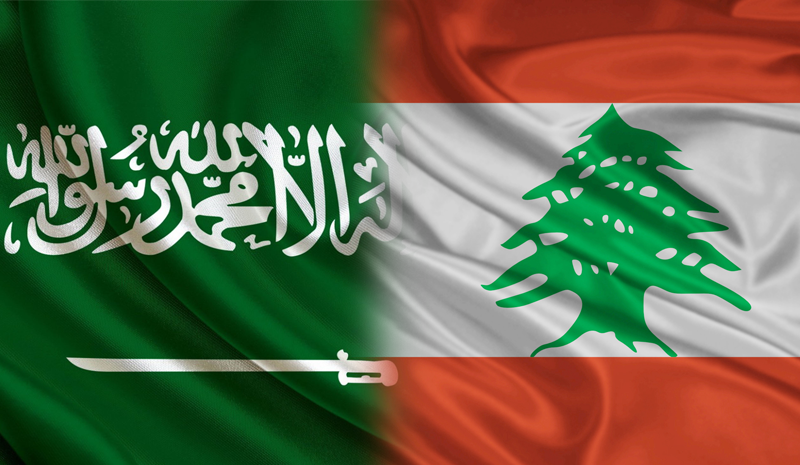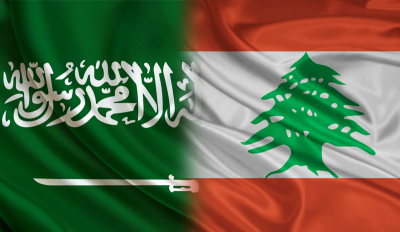An analysis published by the Israeli newspaper Haaretz indicated that Lebanon's economic losses due to the Lebanese-Saudi crisis amount to approximately $300 million so far, according to unofficial estimates. The analysis notes that Lebanese farmers have suffered losses estimated at about $97 million, as Lebanese shipping containers remain waiting at the Jordanian-Saudi border, many carrying fruits and vegetables. This is not the first time Saudi Arabia has prevented Lebanese goods; it announced a similar ban in April after a drug smuggling attempt involving shipments of fruit was uncovered.
Lebanese citizens fear that Saudi dissatisfaction with Lebanon will not be limited to imports, as approximately 350,000 Lebanese work in Saudi Arabia, contributing hundreds of millions of dollars annually in remittances. The diplomatic crisis between the two countries began following statements made by Lebanese Information Minister George Kordahi, recorded before he took office and broadcast last month. He stated that the Iran-backed Houthi rebels in Yemen "are defending themselves" against "external aggression" from Saudi Arabia and the UAE.
At the end of last month, Saudi Arabia, followed by Bahrain and Kuwait, requested that Lebanese diplomatic mission heads leave their territories and recalled their ambassadors from Beirut. The UAE also summoned its diplomats from Beirut, and Kuwaiti authorities decided to "tighten" visa issuance for Lebanese nationals. While the Lebanese government has repeatedly expressed its "rejection" of Kordahi's statements, asserting that they do not represent Lebanon's official position, Kordahi refused to apologize, telling a local channel that his resignation was "not an option."
Lebanese Prime Minister Najib Mikati has repeatedly urged Kordahi to "prioritize the national interest," implying his resignation. The Assistant Secretary-General of the Arab League, Hossam Zaki, noted that a resignation could "diffuse the crisis." Relations between Lebanon and Saudi Arabia have been strained for years due to the increasing role of Hezbollah, which Riyadh considers a "terrorist" organization implementing Iranian policy, its foremost regional adversary. The Saudi Foreign Minister stated that the current crisis cannot be reduced to Kordahi's remarks, but rather lies in the "continued dominance of Hezbollah over the political system" in Lebanon.




